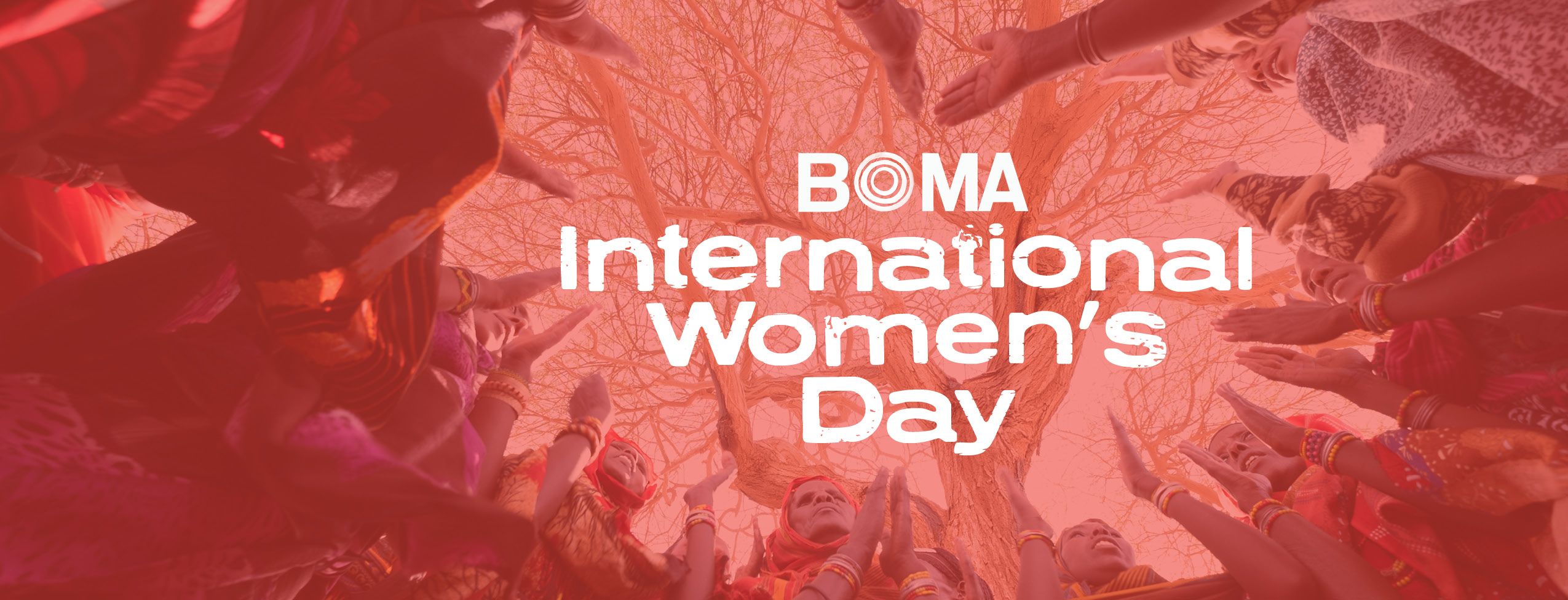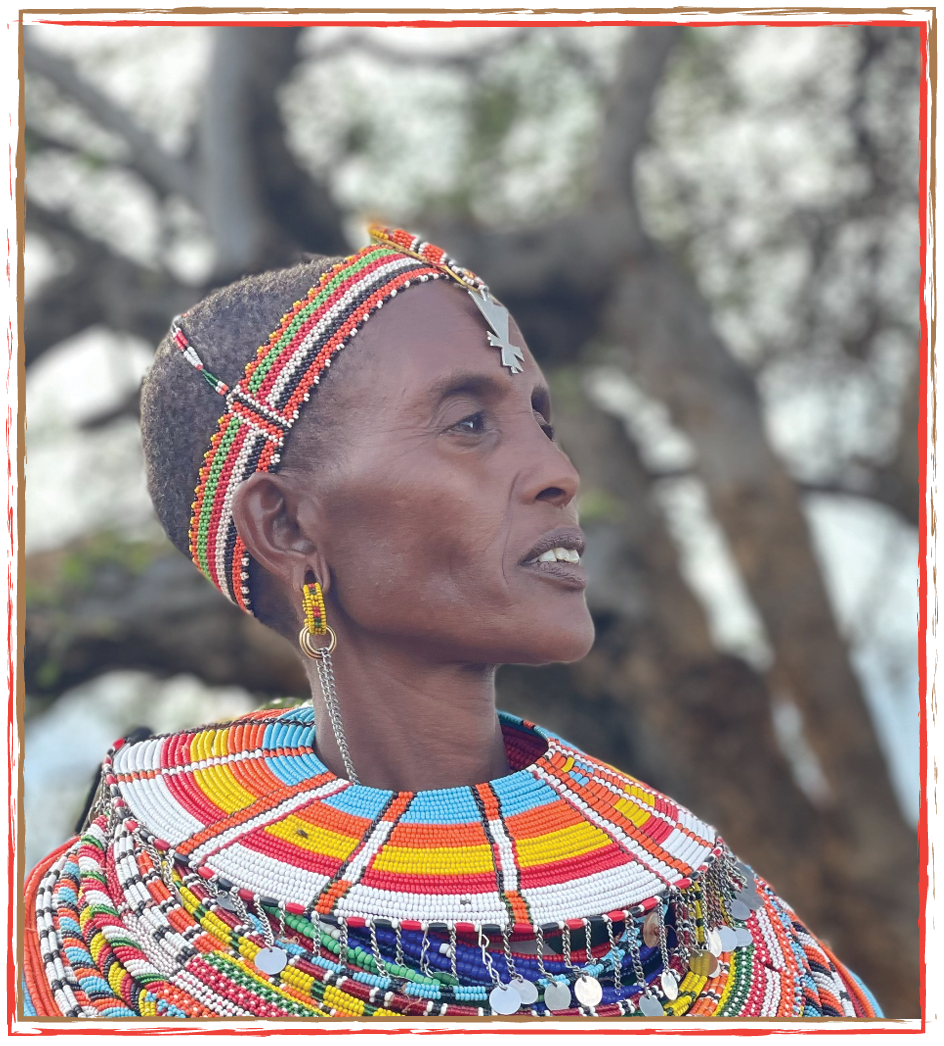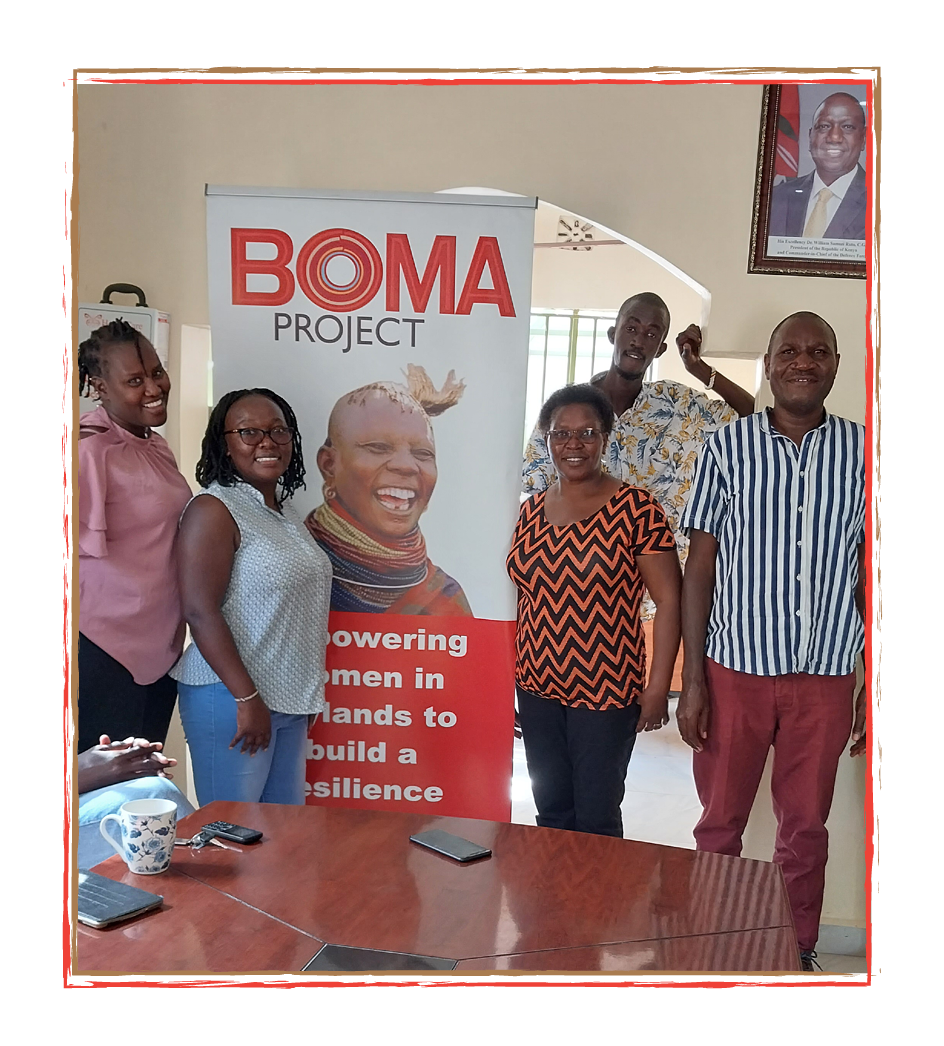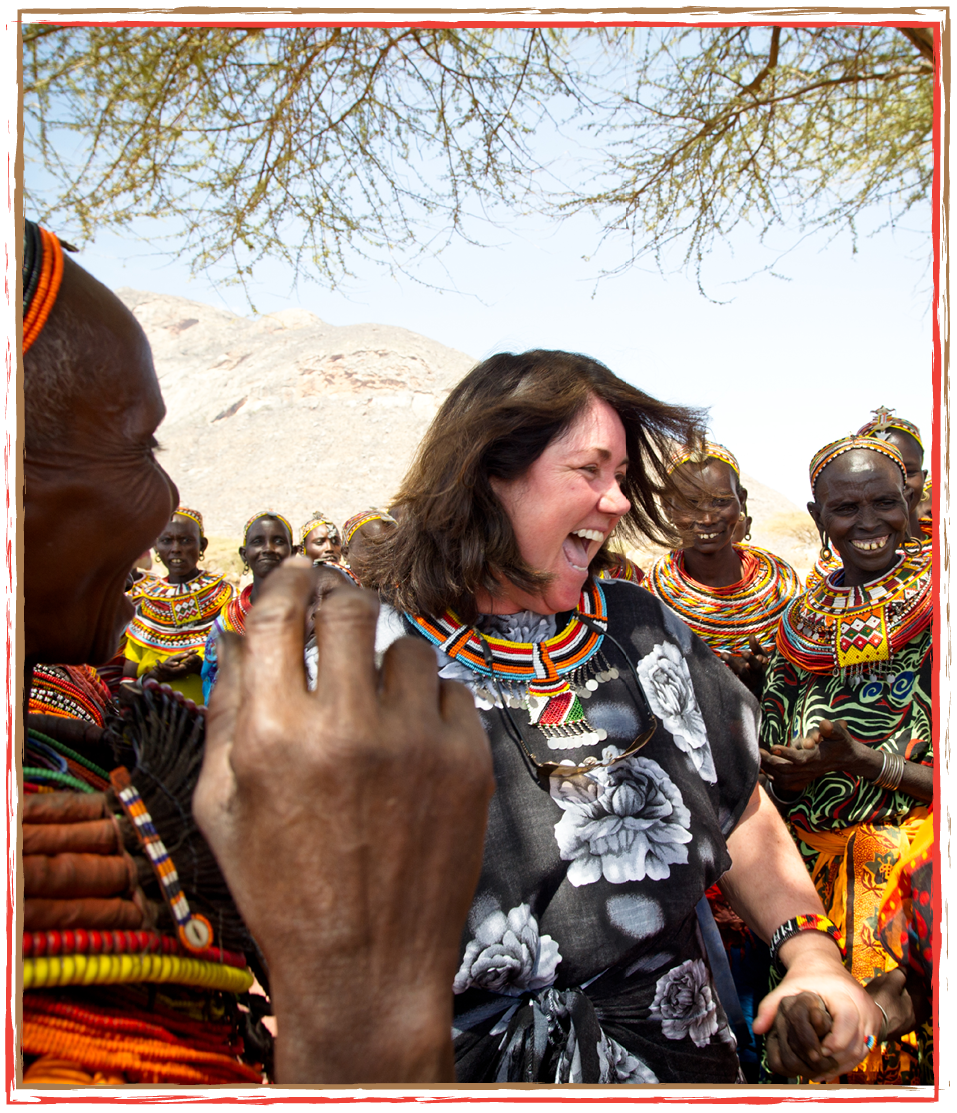
Today, March 8, is International Women’s Day. This is an opportunity to reflect on the global state of gender equality — and resolve to improve it.
At BOMA, we believe that empowering women and other vulnerable groups like youth and refugees is central to building a brighter future. Unfortunately, women across the globe remain oppressed by patriarchal norms and trapped in the vicious cycle of extreme poverty.
This is particularly pronounced in Sub-Saharan Africa, where low incomes, illiteracy and innumeracy, geographical isolation, and limited mobility all restrict opportunity for women. In the places where BOMA works, men have greater authority in household decision-making and control the finances. Women are further marginalized and disempowered by the ripple effect of climate change and dependence on humanitarian aid as they are left in the villages—without food or income, often for as long as six months— while the men travel with the herds in search of increasingly scarce water and grazing terrain. Even those women who manage to develop a source of income lack access to formal financial institutions, making it difficult to keep and transfer money safely.
For more than a decade, by has been changing this by providing women with seed capital to launch a small business, two years of hands-on training and mentoring, membership in BOMA savings groups, mobile phones, and access to formal financial services. To date, we have empowered more than 583,230 women, youth, and refugees break free from the bonds of extreme poverty. This is thanks in large part to the women leaders who drive BOMA’s work. Including:

OUR PARTICIPANTS
BOMA began as a program for women and, though our work has grown to reach all genders, a large percentage of BOMA’s entrepreneurs are women. Women like Agnes Lekupe, a single mother from Samburu county, Kenya who enrolled with BOMA in May 2018. Along with two other women, she formed a business group and received $300 to start a livestock business. Over two years, BOMA’s mentors provided her with business and life-skills training and connected Agnes to the Women Enterprise Fund – an agency that provides credit to support women businesses.
In the two years since her graduation from BOMA’s program, Agnes’ business has flourished. To keep up with demand, while being able to run the operational aspects of the business, they hired a herder. Hiring a man to take care of the cattle freed the women up to take care of record keeping, marketing and banking.
The members of the group recognized Agnes’s determination, attention to detail and business savvy. They elected Agnes to be the leader of the group.
“I now understand what it is to be an empowered woman,” Agnes says. “My views matter. My decisions make a difference.”

OUR STAFF
BOMA staff is largely composed of women leaders — from the mentors who implement BOMA’s program to the executives who drive BOMA’s business strategy. Day to day, BOMA leaders like Catherine Mwema, Director of Research and Learning, are strengthening and scaling BOMA’s work to end extreme poverty in Africa’s drylands.
“As a woman, a mother, and a spouse, I am deeply touched by the motivation, passion and hard work embodied by the women we support at BOMA who tirelessly work in harsh conditions to get their families out of extreme poverty,” Catherine said. “By empowering a woman, we empower a community.”
Like Catherine, KSEIP Program Manager Dorine Genga is driven by BOMA’s mission and impact.
“Gender equality provides the platform or opportunity to support the underprivileged and explore their full potential in contributing meaningfully in society,” Dorine says. “BOMA’s work with extreme poor restores dignity to the extreme poor and vulnerable members of our society in empowering way that builds both their capacity and agency to shape their destiny and future. The vision and mission is quite aligned with my personal values of valuing people and empowering them.”

OUR Founder
Kathleen Colson founded BOMA alongside Kura Omar to uplift the pastoralist women of Northern Kenya facing extreme poverty.
“As a woman leading an economic empowerment program in the arid lands of Africa, I was inspired every day by women who survive despite incredible hardships. Our greatest success was not in how we increased their income and savings. It was our relentless focus on dignity,” says Kathleen.
“With a program led by local residents of the communities in which we worked, our job was to help vulnerable women develop agency and the freedom to build resilient lives for themselves and their families,” she continued. “Josephine Kuraki said it best, ‘I used to think about who I could ask for something, but now I come running to myself.”
BOMA is strengthened by women leaders at every level. Join them in our fight to end extreme poverty.
BECOME A MONTHLY DONOR
You can make an impact in the fight to end extreme poverty in Africa’s drylands.
